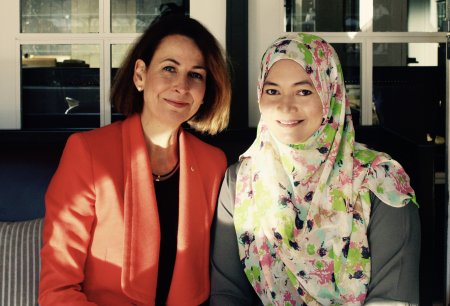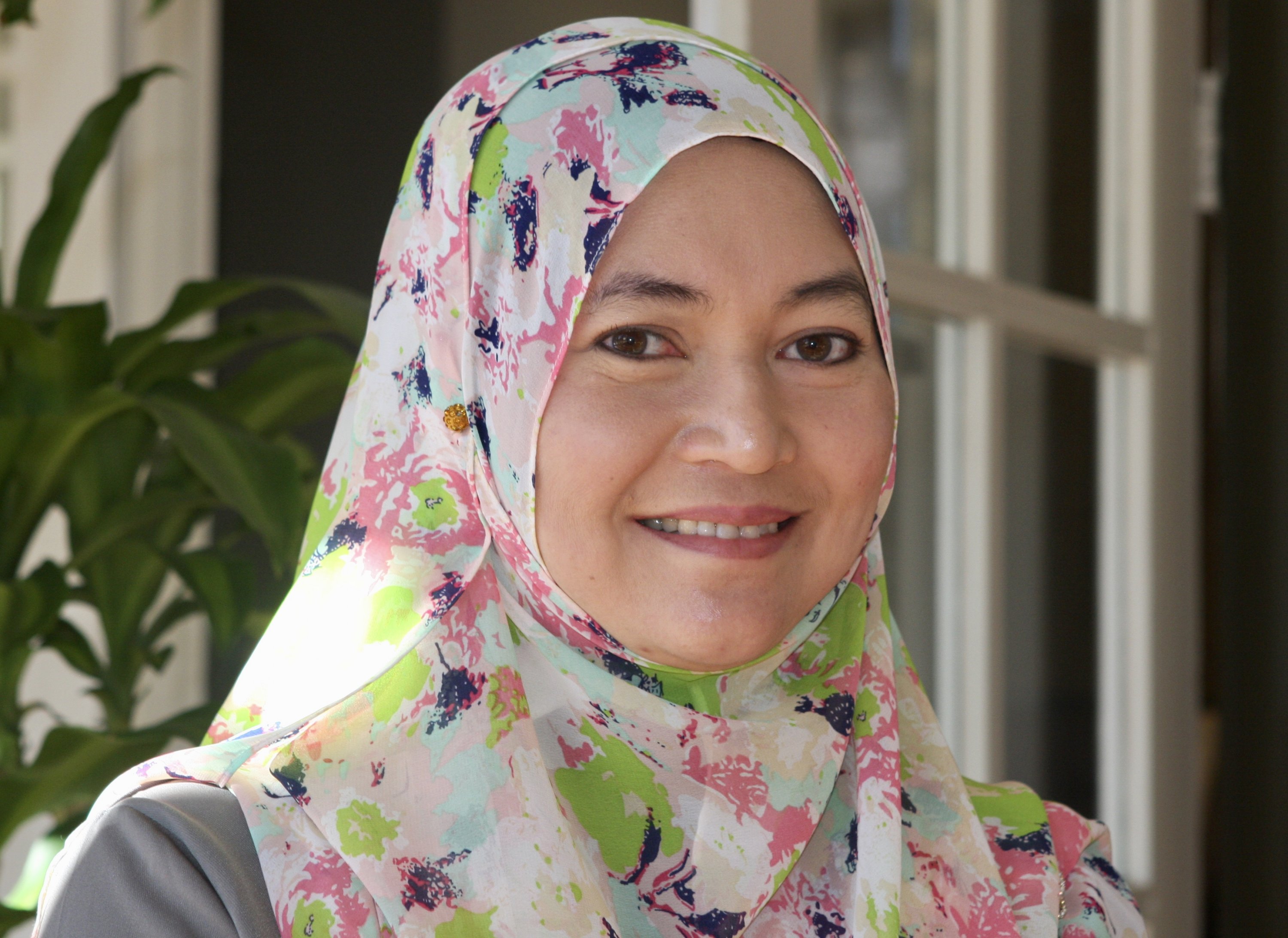VH: In your role in the Human Rights Commission, as a Commissioner, you’ve expressed a desire to work specifically on gender equality. Why is gender equality such an important and difficult issue in Malaysia?
NS: Malaysia does not have an Act that clearly defines what is meant by equality, how equality works, and how different gender types enjoy human rights. So it is difficult to employ the international standard of the meaning of equality and how equality works on the domestic level without having a domestic law. Right now we only have the Federal Constitution talking about fundamental liberties, which for me does not precisely explain different gender identities’ rights and needs. Within Malaysia’s masculine society, there is a lack of political support for the time being – this is why the gender equality issue is really important.
Malaysia does not have an Act that clearly defines what is meant by equality, how equality works, and how different gender types enjoy human rights
VH: It means you have a very tough job ahead, doesn’t it?
NS: Yes. It’s not just me working on this; it is the whole context of people in the human rights area. But without systematically working towards a common goal, it is impossible for us to keep promoting it, and keep raising awareness, without starting with something that is very convincing for the government to support in the first place.
VH: When we look at the Global Gender Gap Index by the World Economic Forum, Malaysia rates very poorly, it rates right down at 106 out of 144 countries. You rate very poorly in political participation, and in all the other criteria; how does the Malaysian government account for such poor statistics?
NS: Gender equality is not currently a national agenda. This is more of an agenda put forward by NGOs. So to explain about gender and equality rights from a government point of view is difficult. People also keep thinking that women have everything they want. For example, for policy officers at the top management level, women now make up 35.6% of people in this role. Five years ago it was only 24%, so 35.6% is quite something. Women were not appointed as university Vice Chancellors until recently. Now there are 4 or 5 women leading universities as vice chancellors.
VH: So there has been some improvement, some progress…
NS: Yes, but it is not structured. I mean, now that we have outstanding female officials in universities, who can manage the position, people are more likely to think ‘can we appoint this female candidate?’. It is not structured; it has come about as a co-incidence that these women are being appointed. We need training, we need strategy, we need a plan of action: we need to determine a ratio target, and how to measure it, whether we are successful or not.
The first thing is that we want to have a national plan of action

Dr Nik Salida with BroadAgenda Chief Editor, Virginia Haussegger
VH: You have taken this role of the Commissioner just last year. It’s a huge job. What’s your plan? What are you going to do?
NS: The first thing is that we want to have a national plan of action; which will strategically locate women in all areas of the government’s agenda. First in policy-making positions, and we will also start working with academics. We will start engaging religious influence, those officials who can have a final say about something. Their decisions must be open-minded; they must be based on the consideration of women’s rights. When I talk about gender, this is not only for women, this is also for men. Because I still believe that you cannot empower women without empowering men as well.
When I talk about gender, this is not only for women, this is also for men. Because I still believe that you cannot empower women without empowering men as well.
Women can do anything. We can share responsibilities in the public sphere and private sphere as well. We want to eliminate the various cultural, religious and traditional understandings that stereotypically believe that women’s role must be only in the private sphere, that when they start engaging in the public sphere they are too liberal and they are setting aside their role as a woman at home. We need to focus on how to balance these duties, and also how to balance the understanding that women are not different to men.
VH: I always focus on 2030 as being my target year when I want to see, certainly in Australia and across our region, leadership positions as shared 50:50 between men and women. What would you like to see in Malaysia by 2030? What do you think is possible in terms of gender equality?
NS: We must have a gender equality Act specifically. In all government agencies we must have a Unit which focuses on empowering women in the public sector and also in the private sector. Everything we talk about is part of a strategic plan on how to empower women. At the same time we will eliminate the discrimination against women that exists in the public and the private spheres, and we will focus on how to accommodate the needs of women in order to elevate them to the same standard. Men’s status is not our benchmark particularly, but to be realistic we are competing with men – sometimes. So all the systems that eliminate discrimination – positive or negative – we will have to work for them.
VH: Are you optimistic? Do you think it is possible to make the changes that you want to see?
NS: I don’t know if it will be by 2030. Because in Malaysia we are talking about National Transformation by 2050, so I am involved in the 2050 agenda. I do give a lot of input to the ministers who are in charge of this 2050 National Transformation and surprisingly The End 50 – we call it The End 50 – it is very much about the empowering of women and minority groups. So I hope by 2050, 30% of this strategy will be implemented.
VH: I hope so. I hope it may even be earlier for you.
NS: Thank you.




